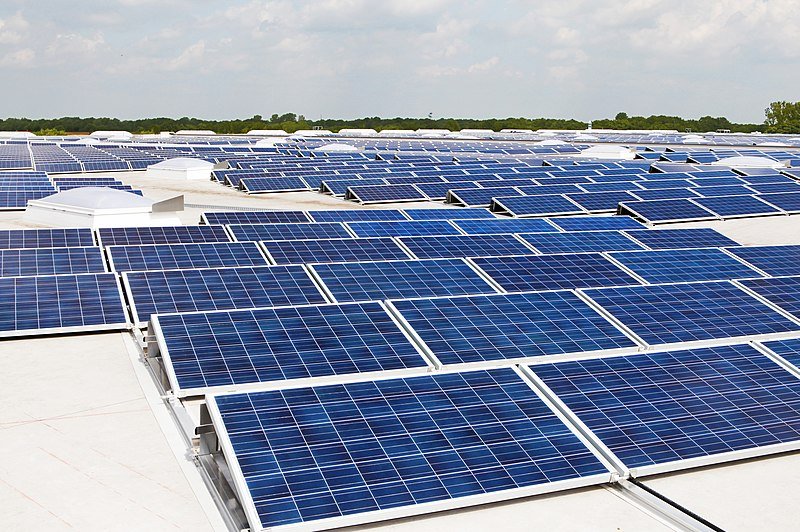Table of Contents
Solar power systems have been around for years and are getting better. Solar panels are a great way to save money on your energy bill, but they also help the environment by being an eco-friendly alternative to fossil fuels. Deciding to get home solar systems requires careful deliberation and dedication. Setting up solar panels is no small expenditure, but it can prove to be a successful investment. Read on to understand whether solar panels are the best energy solution for you!
What are the benefits of solar systems?
- Solar energy is one of the world’s fastest-growing sources of electricity generation.
- A solar panel can be installed on your roof and generate free energy for at least 25 years or longer.
- You are helping save the environment by reducing your carbon footprint with a solar system.
- You will be able to power your home during a power outage, storm, and even hurricane. With solar panels, you won’t have to deal with any blackouts.
Save Money with Solar Panels
Solar systems are a great way to save money on your energy bills. Energy costs are increasing by the day, and it is getting harder to keep up with the rising rates. With solar systems, you can reduce your electricity consumption significantly and even eliminate it in some instances.
Solar panels will cost you money upfront, but they are an investment that pays off in the long run. A solar panel installation can cost anywhere between 5,000AUD and 20,000AUD depending on where you live and what types of solar panels you choose (there are many different types). It may seem like a steep price tag at first glance, but in reality, these panels will pay themselves off within 4-7 years while generating free energy after that.
Renewable Source
One of the most obvious benefits of fixing solar panels is that it’s an alternative energy source. As you likely know, many governments around the world are shifting away from fossil fuels and toward cleaner energy sources.
Fixing your solar panels is a great way to take advantage of this trend and start using renewable resources for electricity generation. Unlike fossil fuels like coal or natural gas, which produce greenhouse gases when burned, solar power doesn’t produce any harmful byproducts in the process—you’ll only be left with clean air!
Energy Efficient and Eco-Friendly
Solar panels are environmentally friendly and eco-friendly. They do not produce any harmful emissions or require fossil fuels to operate. Solar panels are a renewable energy source that harnesses the sun’s rays to generate electricity. Because of this, they are much more energy efficient than other types of energy sources—including wind turbines and hydroelectric plants.
Long Lifespan and Little Maintenance
Solar panels are durable and don’t experience much wear and tear over time. As a result, you can count on them for decades without having to replace them. Many home solar systems are designed with built-in redundancy so that if one module fails (which is rare), the rest of the system can continue working without interruption.
Solar panels also require little maintenance beyond cleaning off debris from their surfaces every couple of years. While there may be occasional issues with wiring or other electrical components, these problems are usually easy to solve by an electrician who knows what he’s doing. Moreover, solar panels increase property value, making it easier to place in the real estate market.
Things to Consider Before Choosing Home Solar Systems
If you still aren’t sure whether a solar system is suitable for your home, consider this:
- Most companies provide a free quote for solar panel setups. Compare these prices to your utility bills and assess whether investing in solar energy is the right choice. Remember to consider the addition to property value!
- Residential and Commercial solar setups come with varying tax benefits. Consider the differences before deciding whether a solar system is your best solution.
- Solar panels aren’t just for homes or businesses! They’re also perfect for boats (both small and large) as well as recreational vehicles like RVs and campers.

